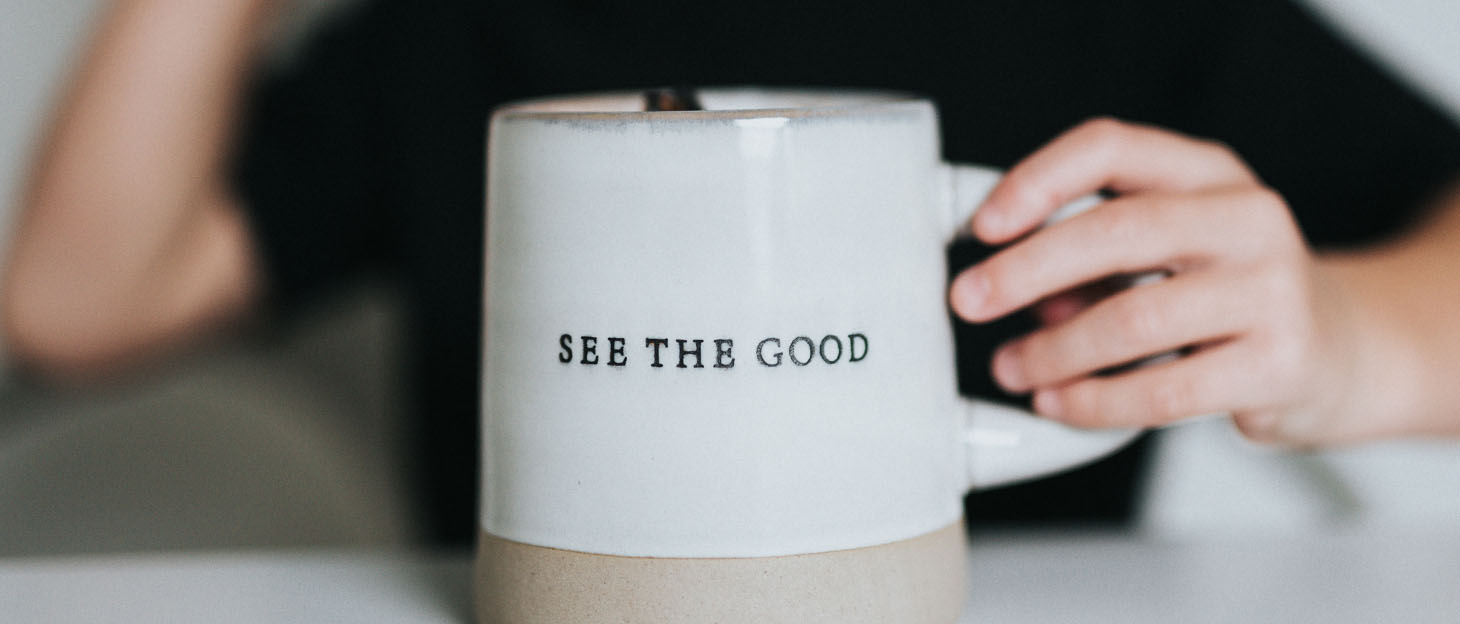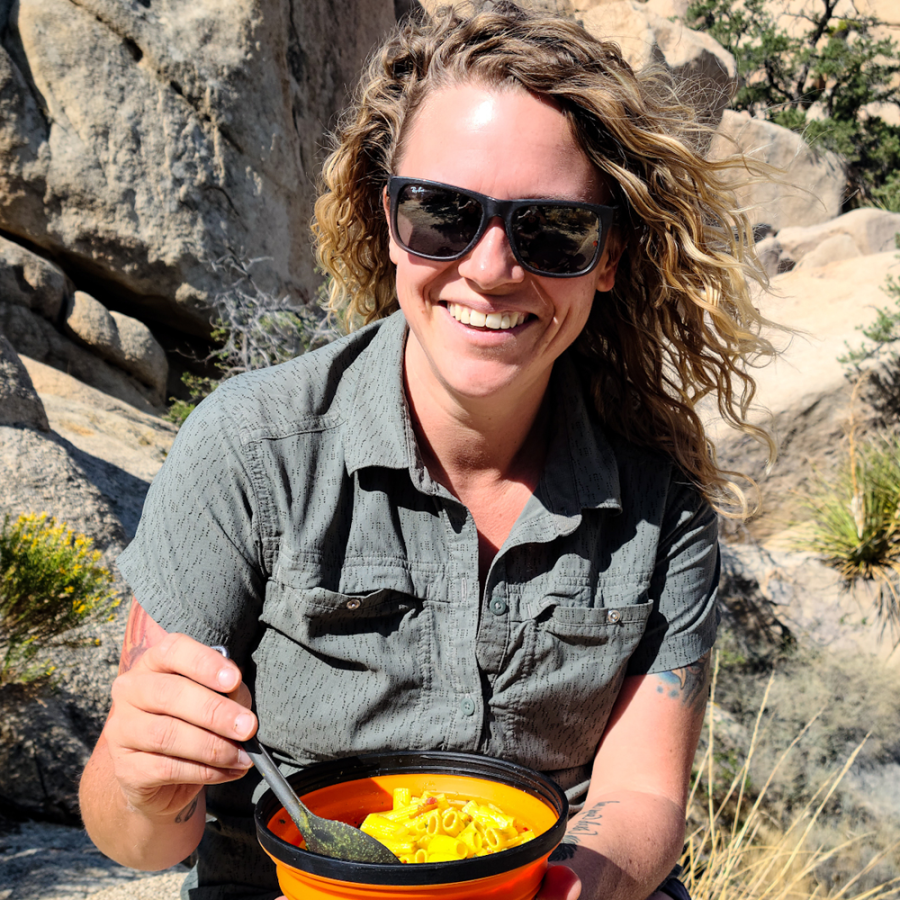The weeks leading up to this moment were confusing, painful, and riddled with stress.
I went for a long paddle boarding session three weeks prior to this phone call. I didn’t bring enough water, and we ended up being out on the San Diego Bay for much longer than we had planned. I knew I was dehydrated for sure after that session, and figured the constant thirst, stomach pains and gastrointestinal distress was due to a potential bout of heat stroke. When that pain didn’t go away, I was concerned.
These symptoms continued for nearly three weeks before I finally decided to do something.
I woke up on September 18, 2017 and it felt like someone had taken a corset, shoved it through my belly button, wrapped it around my internal organs, and was cinching it extremely tightly. This was the peak of the pain and it was enough to make me concerned. So my husband and I went to seek urgent care.
When we arrived, the staff weren’t concerned about why I was experiencing these symptoms, they were only concerned with the symptoms themselves. One of them told me I probably had Crohn’s disease. They shipped me off to the lab for a blood panel and sent me home with a kit to collect stool samples for three days to rule out any viruses or parasites.
Fast forward three days, and I’m in my car, driving to the airport, on the phone with my doctor’s office.
“You have Type 2 Diabetes,” the person on the other end of the line continued.
Trying to stay focused, “let’s not wreck the car,” was my first thought.
Then, “well, I guess I can’t have bread anymore?”
I started crying, I couldn’t help it. My husband suggested I pull over and he could take over. I insisted I had it under control, wiped my eyes, hung up the phone, and picked up our friend.
“You have Type 2 Diabetes” kept ringing in my ears.
What does this mean? What is happening to my body? Will I be on medication for the rest of my life? What can I eat? All I knew about diabetes was the stigma around it – this is something that only impacts morbidly obese people. Lazy people. Old people. Right?
From the get-go, I saw my diabetes as an opportunity, rather than a death sentence. I was young, we caught it early, and my doctor said that if I cleaned up my nutrition plan, started walking 30 minutes per day, took my meds as prescribed, and managed my stress, that perhaps I could manage this with diet and exercise. Knowing it was possible, I committed to doing everything I could to manage my diabetes aggressively and effectively.
First? I stopped eating like a 12-year-old boy. Anything that was going to negatively impact my blood sugar levels had to go. This adjustment period lasted a few weeks, and I went through a lot of test strips. I would wake up, prick my finger, eat something, wait a bit, prick my finger again.
At the beginning, I was testing my blood sugar levels 5-6 times per day. Some of the adjustments were easy: out with the frozen pizzas, no more ice cream for breakfast. Some of these changes required a great deal of honesty and self-compassion. Diabetes forced me to take a good hard look at the choices I had been making, and they weren’t good. Looking at my lifestyle through the lens of diabetes management, I realized that no, it’s not normal or healthy to drink a bottle of wine to myself at night after work. So, I stopped drinking entirely.

